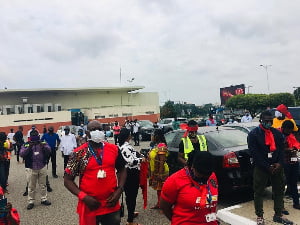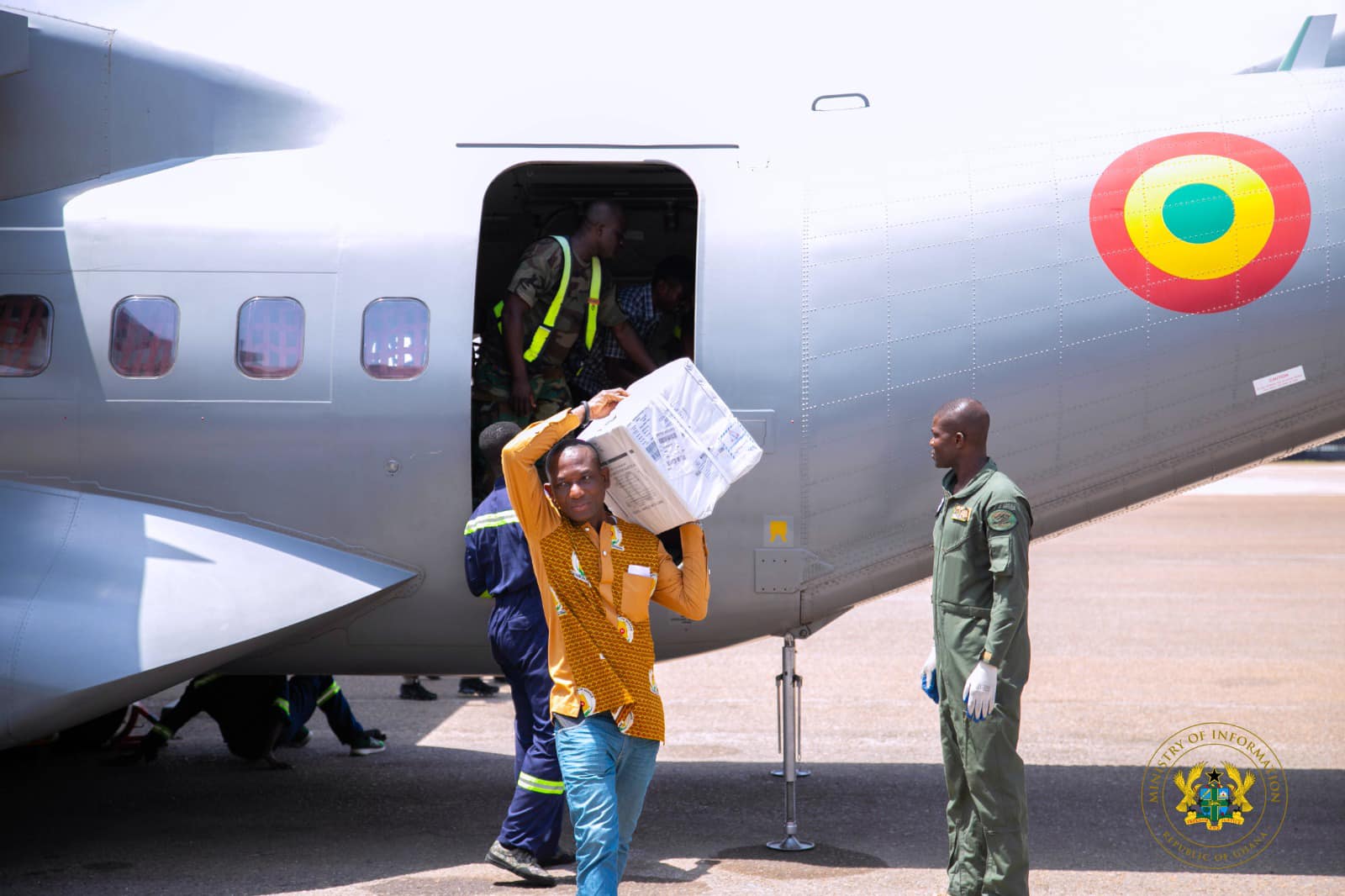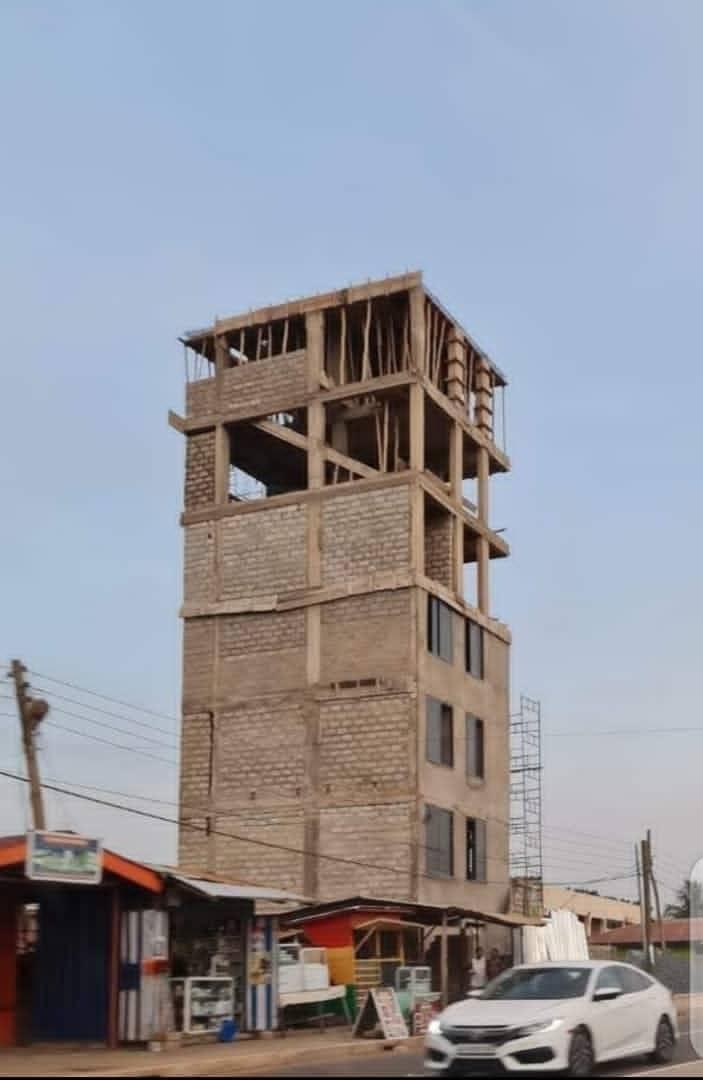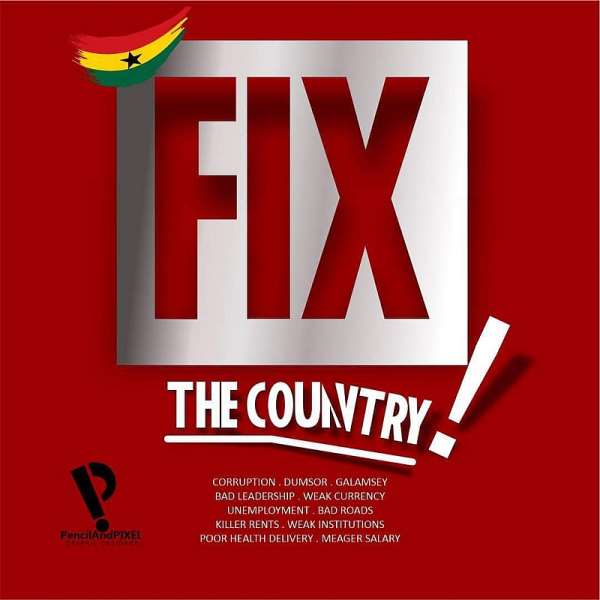WHO To Assist Low- and Middle-income Countries To Access Quality Blood
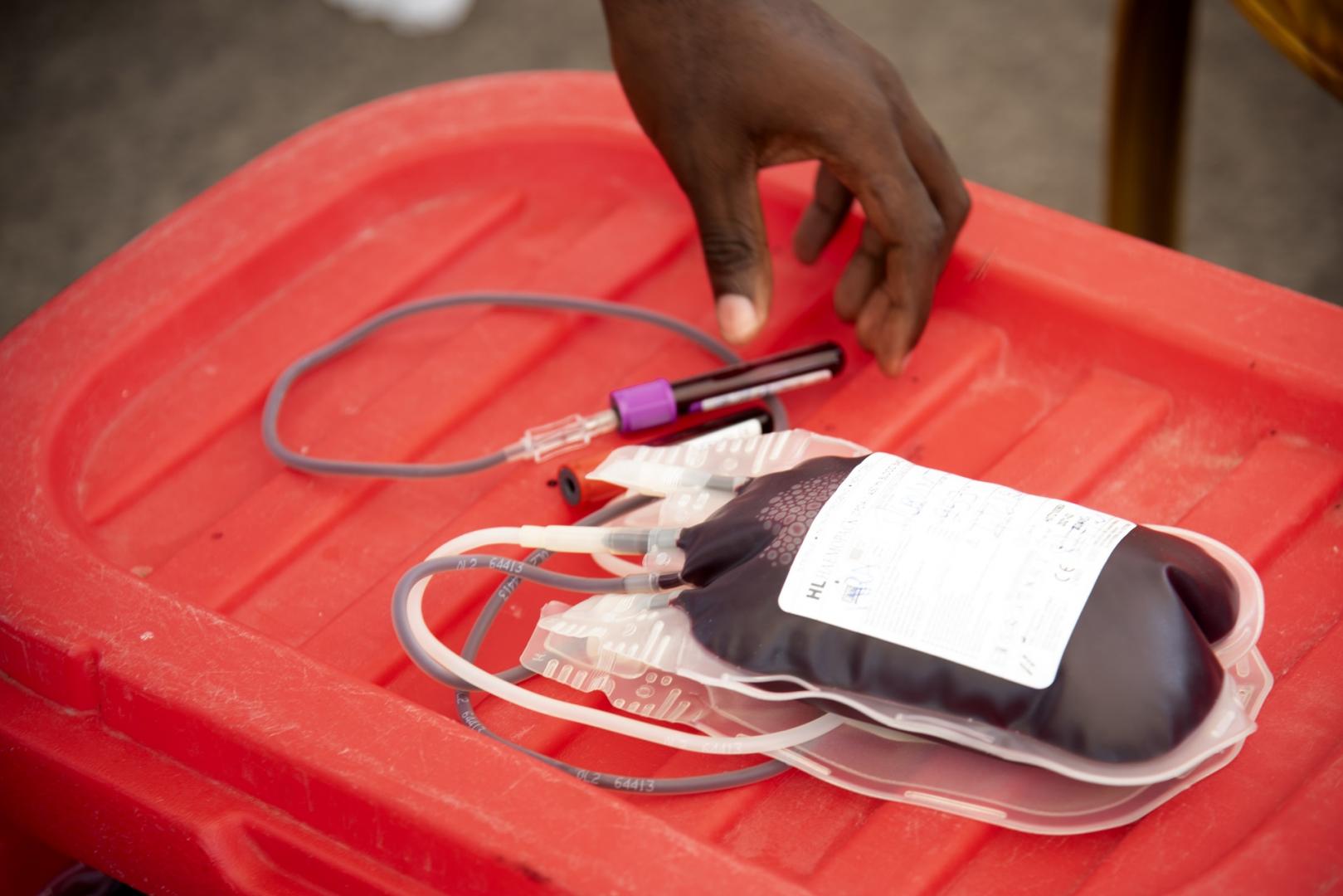
One of the objectives of the World Health Organization (WHO) is to assist low-and-middle-income countries in accessing quality human plasma.
This was relayed in a publication on June 14, 2023, as the world marks the 18th edition of World Blood Donor Day under the theme, “Give blood, give plasma, share life, share often.”
It is estimated that of the 118.5 million blood donations collected globally, 40% are collected in high-income countries, home to 16% of the world’s population.
According to the Organisation, the average blood donation rate per 1000 inhabitants is more than 6.3 times greater in high-income countries than in low-income countries.
Whereas in high-income countries, transfusion is most commonly used for supportive care in cardiovascular surgery, transplant surgery, massive trauma, and therapy for solid & haematological malignancies, in low- and middle-income countries it is used more often to manage pregnancy-related complications and severe childhood anaemia- which makes it much more imperative.
The WHO says it will be assisting low- and middle-income countries in improving the availability and quality of human plasma through optimising the utilisation of the plasma recovered from whole blood donations and increasing patients’ access to life-saving plasma protein therapies.
Underscoring the essence of blood donations, the WHO said it is a “precious lifesaving gift and repeat donation is the key to building a safe and sustainable blood supply”.
WHO has also encouraged individuals to donate blood stating that one blood donation can save up to three lives.
This year’s theme, the Organisation says, focuses on patients requiring life-long transfusion support and underlines the role every single person can play, by giving the valuable gift of blood or plasma.
It also highlights the importance of giving blood or plasma regularly to create a safe and sustainable supply of blood and blood products that can be always available, all over the world, so that all patients in need can receive timely treatment.
This year’s celebration will be used to thank individuals who donate blood and encourage more people to become new donors; encourage people in good health to donate blood regularly, as often as is safe and possible, to transform the quality of life for transfusion-dependent patients and help to build a secure blood supply in all countries in the world; highlight the critical roles of voluntary non-remunerated regular blood and plasma donations in achieving universal access to safe blood products for all populations; and mobilize support at national, regional and global levels among governments and development partners to invest in, strengthen and sustain national blood programmes.




